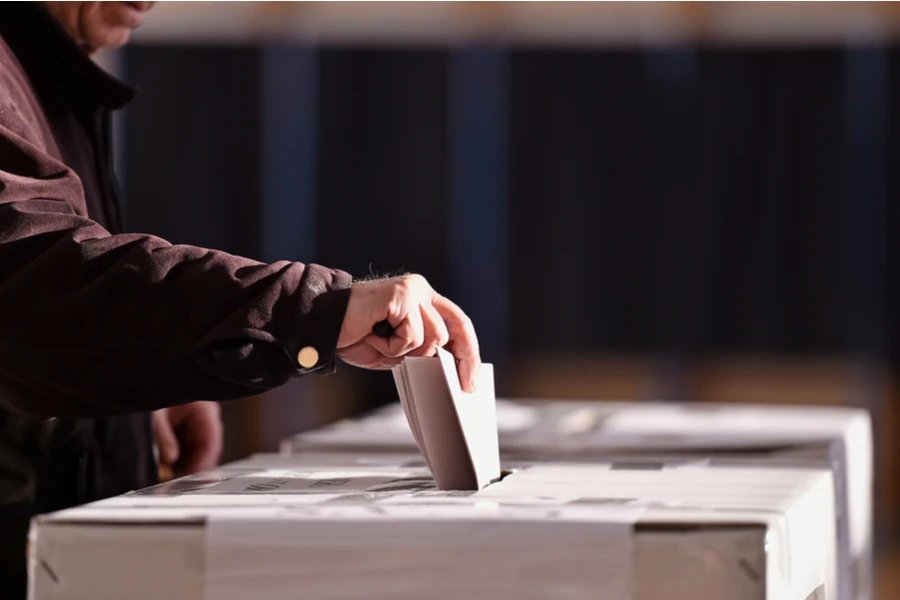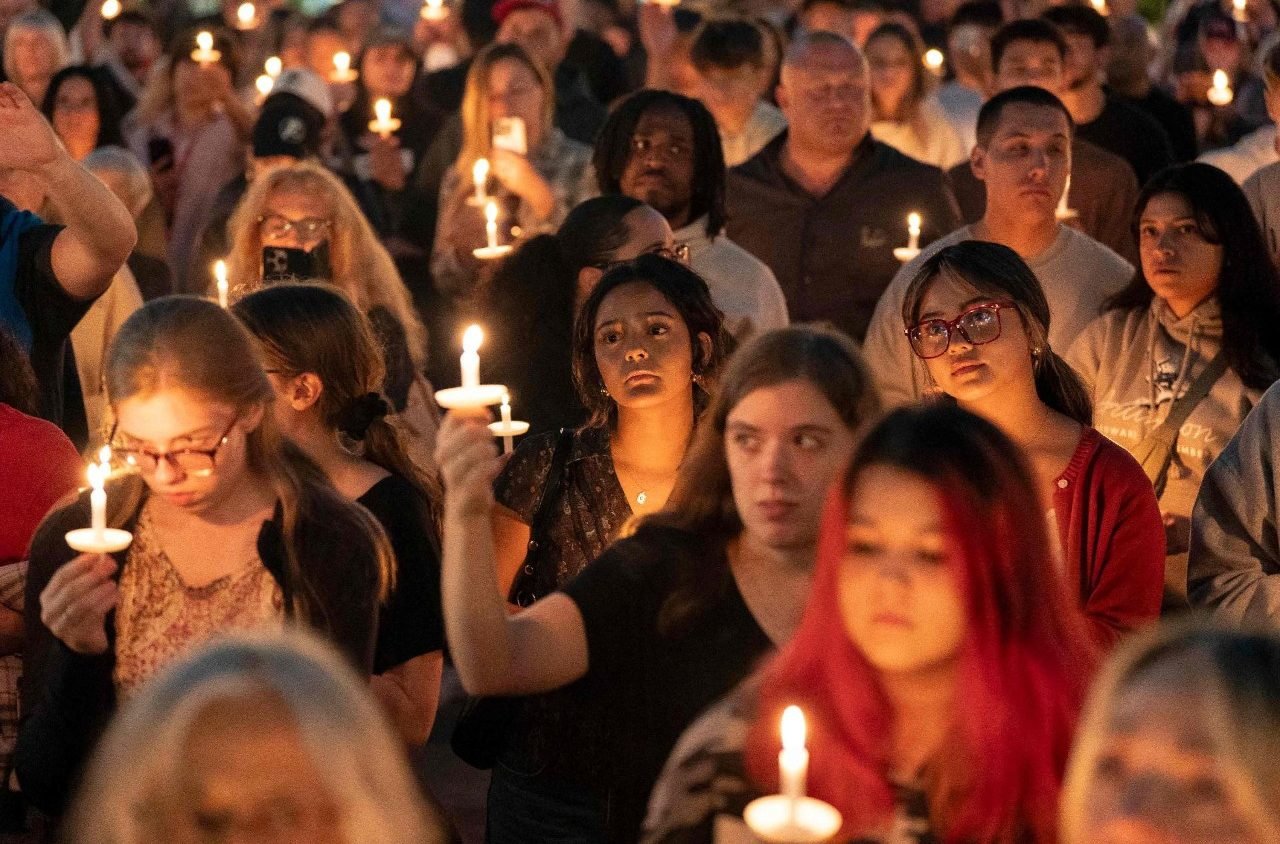Washington, D.C. Newsroom, Sep 11, 2025 /
07:00 am
A new Pew Research Center study found that religion does not play a large role in how most Americans vote in U.S. elections.
The research was conducted as part of Pew’s “About the American Trends Panel.” It was conducted May 5–11 and surveyed a representative sample of 8,937 U.S. adults. The margin of sampling error was plus or minus 1.4 percentage points.
Of the responding participants, 56% of Americans said religion shapes how they vote “a little” or “not at all,” 18% said religion shapes how they vote “some,” and 25% said religion affects how they vote “a great deal” or “quite a bit.”
Susan Hanssen, a professor of history at the University of Dallas, told CNA the data is “striking” because “it does not follow a normal curve.”
“One would expect that on the edges of the sociological spectrum, a small portion of people would not vote according to their religious beliefs, the majority of people would vote somewhat in accordance with their religious beliefs, and a small number of people would vote absolutely based on their religious beliefs. But this curve is the opposite.”
“This follows what we know to be true about people who say grace before meals,” Hanssen explained. “People either always say grace before meals and vote according to their religious beliefs, or they never say grace before meals and do not vote according to religious beliefs. Very few people only say grace every once in a while, and only consider God every once in a while while voting. It seems to be a kind of all or nothing thing with God.”
Hanssen explained a possible reason behind the research findings. She said: “The fact that a majority of people are on one end of the spectrum, not taking God or religion into account when voting, matches perfectly with our deplorable birth rate.”
“Clearly people are living for their immediate economic benefit and not thinking about either the next generation (their children and grandchildren) nor eternity. The widespread contraceptive mentality has undermined people’s habit of voting for family, values, and religious principles.”
Catholic subset
Among Catholic respondents, 24% said religion affects their voting patterns “a great deal” or “quite a bit,” 22% said “some,” and 54% said “a little” or “not at all.”
The majority (67%) of Catholics also said “God does not get involved in U.S. presidential elections.” The research found that 26% of Catholics reported they agree Trump’s election “must be part of God’s overall plan, but doesn’t necessarily mean God approves of Trump’s policies.” Only 5% said “God chose Trump to become president, because God approves of his policies.”
The Pew report revealed that religion affects how evangelical Christians vote the most among religious affiliations. Out of respondents, more than half (51%) of white evangelical Christians said their religion affects how they voted “a great deal” or “quite a bit.”
Voters least affected by religious beliefs were unsurprisingly self-identified atheists, with 88% reporting that it affects them “a little” or “not at all.” Out of religiously affiliated, nonevangelical Christians were least likely to report their religious beliefs affect how they vote.
Republicans (34%) were almost twice as likely as Democrats (18%) to report religion shapes how they vote. Republicans were also more likely to believe that recent election results must be part of God’s overall plan, even if God doesn’t necessarily approve of the winner’s policies.
In regard to the most recent presidential election, the survey posed a question to Christians about what “good Christians” should think of Trump. It found that 80% of U.S. Christians said “good Christians can disagree about Donald Trump,” 11% said “opposing Trump is essential to being a good Christian,” and 7% said “supporting Trump is essential to being a good Christian.”





